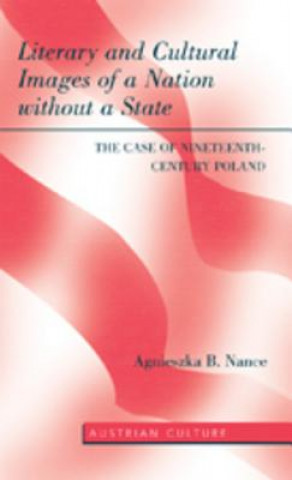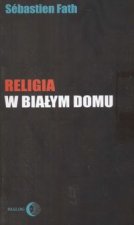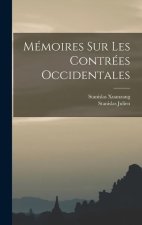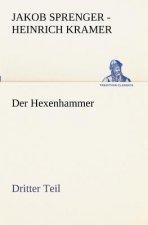
Doručení
Nákupní rádce





Nehodí se? Vůbec nevadí! U nás můžete do 30 dní vrátit
 Dárkový poukaz
V libovolné hodnotě
Dárkový poukaz
V libovolné hodnotě
S dárkovým poukazem nešlápnete vedle. Obdarovaný si za dárkový poukaz může vybrat cokoliv z naší nabídky.
Literary and Cultural Images of a Nation without a State
 Angličtina
Angličtina
 249 b
249 b
30 dní na vrácení zboží
Mohlo by vás také zajímat


Literary and Cultural Images of a Nation without a State applies Benedict Anderson's theory about the coherence of imagined communities by tracing how Galicia, the heart of Polish culture in the nineteenth-century - which would never be an independent nation-state - emerged as a historical and cultural touchstone with present-day significance for the people of Europe. After the Three Partitions and Poland's complete disappearance from Europe's political map, images of Poland arose to replace the lost kingdom with a national identity grounded in culture and tradition rather than in politics. This book examines the circumstances leading to Galicia's emergence as the imagined and representative center of Polish culture, juxtaposing the era's political realities with its literary texts to provide evidence of the cultural community that existed among ethnic Germans and Poles. Collectively, these images reflect a dialogue about Polish identity, and in consequence about the rise of a new European identity that did not correspond to ethnic nation-states but rather to a shared culture, history, and community that Galicia came to represent until its division between Poland and the Ukraine following World War I.
Informace o knize
 Angličtina
Angličtina
Kategorie




 Jak nakupovat
Jak nakupovat




























